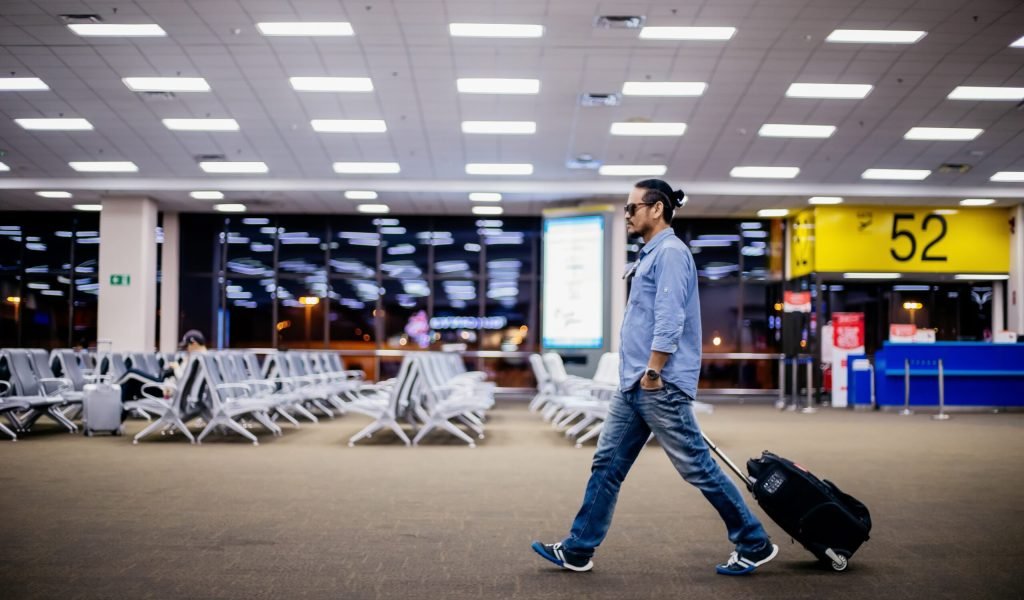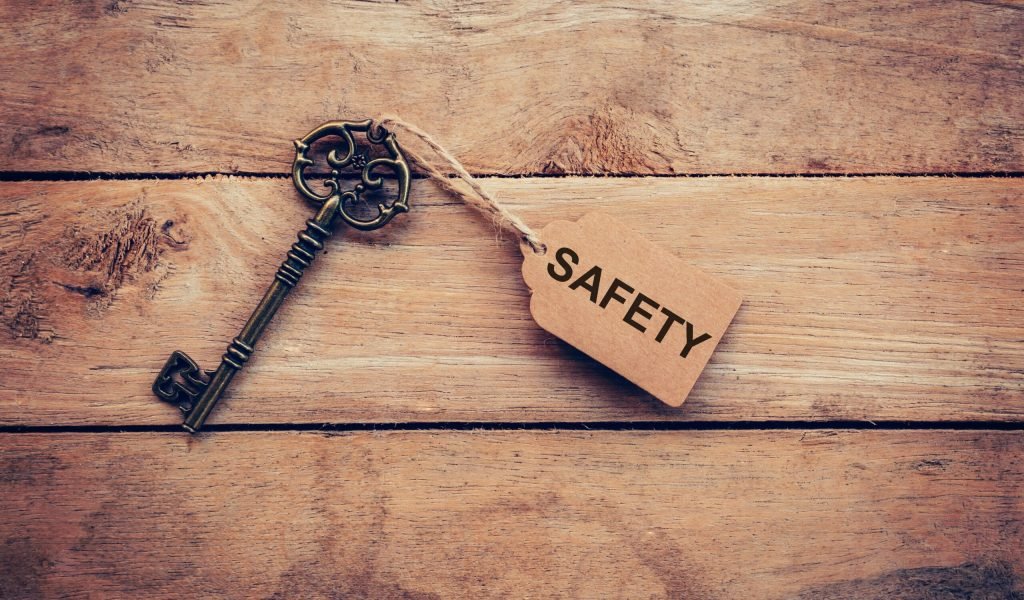Top Safety Measures to Secure Yourself in a New Country: Essential Tips for Travelers
Discovering a new nation offers a wealth of chances to experience diverse customs, delectable delicacies, and breathtaking scenery. However, the key to having a stress-free trip is making sure you’re safe while traveling overseas. We’ll go over the most crucial steps you should take to protect yourself in a foreign nation in this tutorial. These pointers will help you confidently navigate new situations, from registering with your embassy and learning local laws to protecting your documents and exercising caution in public areas. Continue reading to learn crucial tips for an enjoyable and safe trip.

Register with Your Embassy or Consulate
Making sure your embassy or consulate is registered is an essential step in securing your safety when visiting foreign countries. Your government can find you and help in an emergency—natural disaster, political upheaval, personal crisis—thanks to this registration. The majority of consulates and embassies provide online registration services, which streamlines and expedites the process. You will receive vital information regarding safety circumstances in your destination country as soon as you register. Always keep the address and phone number of the closest embassy or consulate on hand in case you need to make an in-person visit. This action improves your safety and gives you and your loved ones back home peace of mind.
Stay Informed about Local Laws and Customs
It’s essential to comprehend and abide by local laws and customs if you want to stay safe and steer clear of trouble when visiting a new nation. Do some research on the social mores, legal system, and cultural standards of your location before you go. Learn about common rules that may be very different from those in your place of origin, such as those pertaining to social customs, dress codes, and alcohol consumption limits. To demonstrate cultural sensitivity and prevent upsetting the locals, observe local practices. With this information, you’ll be able to settle into your new surroundings more easily, avoiding misunderstandings and legal issues while promoting constructive interactions.
Keep Important Documents Secure
Safeguarding your valuable papers is crucial to avoid loss or theft, which can be especially upsetting when traveling abroad. Carry your credit cards, passport, travel insurance, and ID in a money belt or travel wallet. Spread up your cash and documents among several safe places, such a hidden bag and a hotel safe, rather than keeping them all in one spot. All significant documents should be digitally scanned or photocopied, and the copies should be kept apart from the originals. If your documents are misplaced or stolen, having these copies on hand will speed up the replacement procedure. Make sure you have all of your paperwork on hand on a regular basis, especially before relocating.
Stay Vigilant in Public Places
Being alert in public areas might help shield you against small-time crimes like pickpocketing and con artists. Pay attention to your surroundings, particularly when you’re in crowded places like marketplaces, tourist sites, and public transportation. Use slash-proof materials and anti-theft bags with hidden zippers to keep your stuff close at hand and safe. Steer clear of showcasing pricey devices, jewelry, or substantial sums of cash. You should follow your gut and leave a situation if it seems unsafe or questionable. Furthermore, be wary of individuals who approach you and offer uninvited assistance or make conversation, as they may be trying to divert your attention.

Use Reliable Transportation
The secret to guaranteeing your safety when traveling is to choose dependable transportation. Rather than using unmarked or unofficial vehicles, choose licensed taxis or reliable ridesharing services. To avoid getting lost or landing up in dangerous locations, research the alternatives and routes for public transportation in advance. When hiring a vehicle, make sure the provider is reliable and educate yourself on the traffic regulations and road conditions in the area. Avoid traveling alone at night, especially in unknown or dimly lit locations, and always fasten your seatbelt. Consult with the personnel at your accommodations or locals if you have any doubts regarding the safety of a certain mode of transportation.
Avoid Risky Areas
Staying safe when visiting a new nation means avoiding areas that pose a risk. Investigate areas or communities that have a reputation for having high crime rates or unstable political systems before your trip. Keep yourself updated on current affairs and any travel warnings that your government or reliable sources may have issued. Utilize travel guides and maps to locate tourist-friendly locations. If you must visit a potentially dangerous place, go during the day, go in a group, and refrain from flashing your valuables. When your lodging or tour guides advise you about places to avoid, heed their local wisdom. Reducing the likelihood of experiencing risky situations can be achieved by staying in tourist-friendly, densely trafficked regions.
Stay Connected
Maintaining communication lets your loved ones know where you are and guarantees that you can get assistance fast if necessary. Carry a portable charger and make sure your phone is always charged. To ensure dependable communication, get a local SIM card or activate an international plan. Tell your loved ones about your travel schedule and be sure to check in frequently. Be aware of the emergency numbers for the police, ambulance, and consulate in the area. Use travel applications with features like emergency contact and location sharing. Maintaining communication lets you react to crises fast and reassures others who are worried about your safety.
Stay Healthy and Hydrated
It’s essential to be hydrated and in good health when traveling in order to have fun and prevent health problems. To avoid contracting a waterborne infection, drink bottled or filtered water, particularly in nations where the tap water is unsafe. Eat at respectable restaurants, practice good food hygiene, and stay away from undercooked or street food unless it is proven to be safe. Include a basic first aid kit and your necessary prescriptions, including any prescription meds you consume on a daily basis. In the event that you require medical treatment, be aware of the locations of the closest hospitals. By being hydrated and in good health, you can guarantee that illness won’t prevent you from enjoying your trip to the fullest.
Be Cautious with Personal Information
Safe guarding your personal data is crucial in avoiding identity theft and fraudulent activities. Share your vacation itinerary, lodging, and banking information with strangers or on unaffiliated public Wi-Fi networks with caution. When doing sensitive data-related online transactions, use VPNs and secure connections. Know the typical tourist scams and how to steer clear of them. Keep your paperwork and credit cards secure, and keep valuables in hotel safes. When traveling, exercising caution with your personal information can help shield your identity and stop financial loss.
Trust Your Instincts
When it comes to remaining safe in a foreign location, following your gut is a valuable resource. You should leave a situation as soon as it makes you feel uneasy or endangered. Often, danger is sensed by your intuition before you can rationally identify it. Steer clear of dangerous habits like taking rides from strangers and leaving your drink alone. Remain in populated, well-lit places and carry emergency contact information with you. It is possible to avert many possible dangers and guarantee a safer travel experience by paying attention to your gut and following through on your intuition.
